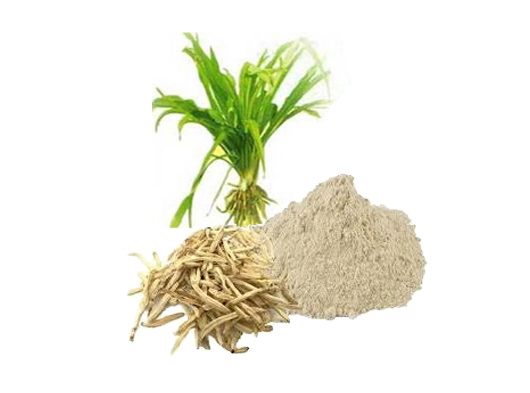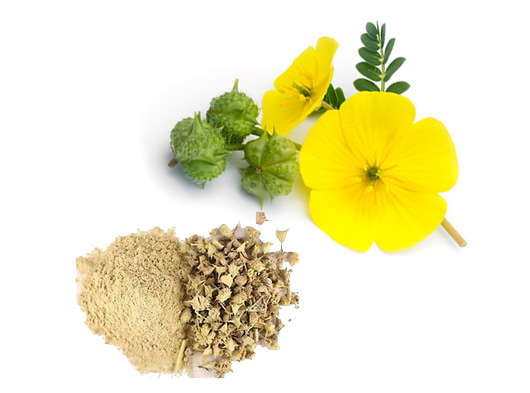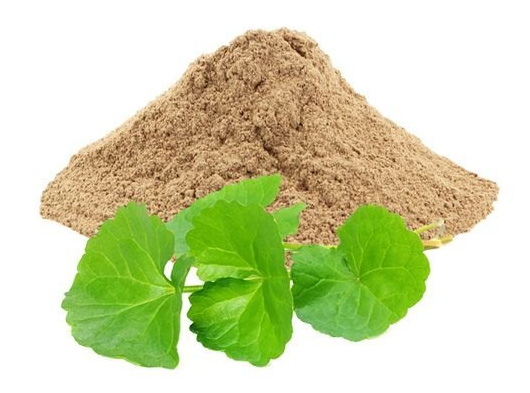

Ayurveda, an ancient natural science of medicines, originated in India more than 5,000 years ago. The term Ayurveda is derived from the Sanskrit words Ayur (life) and Veda (science or knowledge). Thus, Ayurveda translates to science of life. Based on the idea that disease is due to an imbalance or stress in a person's consciousness, Ayurveda encourages certain lifestyle interventions and natural therapies to regain a balance between the body, mind, spirit, and the environment.
Ayurveda treatment starts with an internal purification process, followed by a special diet, herbal remedies, massage therapy, yoga, and meditation.
The concepts of universal interconnectedness, the body's constitution (prakriti), and life forces (doshas) are the primary basis of ayurvedic medicine. Goals of treatment aid the person by eliminating impurities, reducing symptoms, increasing resistance to disease, reducing worry, and increasing harmony in life. Herbs and other plants, including oils and common spices, are used extensively in Ayurvedic treatment. Today we dig into the benefits of various herbs on the human body.
Ashwagandha, also known as Indian ginseng, winter cherry, or by its scientific name Withania somnifera, Ashwagandha is a herbal shrub whose roots and berries are used for their medicinal properties. The word Ashwagandha is derived from the Sanskrit word Ashwa (horse) and Gandha (smell), Ashwagandha roots has a strong smell that helps to attain strength like a horse, which has several other health benefits like Relieves Stress and Anxiety, Lowers Blood Sugar, and Fat, Increases Muscle and Strength, Improves Sexual Function in Women, Boosts Fertility and Testosterone Levels in Men’s and Sharpens Focus and Memory.


Triphala (means three fruits in Sanskrit) is an Ayurvedic herbal rasayana formula consisting of equal parts of three myrobalans, taken without seed: Amalaki (Emblica officinalis, or Indian gooseberry), Bibhitaki (Terminalia bellirica) and Haritaki (Terminalia chebula). It is rich in vitamin C. It has several health benefits like Alleviate inflammation, Control diabetes, Improves liver function, Improves digestion and promotes weight loss, Reduce cholesterol and Helpful in several bacterial and fungal infections.
Boswellia, also known as Indian frankincense, salai guggul or shallak, which is found in India, North Africa, and the Middle East. Farmers tap the trees to collect their resin. It’s believed to treat chronic inflammatory illnesses as well as a number of other health conditions like rheumatoid arthritis, inflammatory bowel disease and asthma. Boswellia is available as a resin, pill and cream.


Chlorophytum borivilianum also known as 'Safed Musli', It is a traditional rare Indian medicinal herb that has many therapeutic applications in Ayurvedic, Unani, Homoeopathic and Allopathic systems of medicine. Its roots (tubers) are widely used for various therapeutic applications. It is widely used for boosting libido, curing sexual weakness, treating erectile dysfunction, impotence, relieving stress. Safed Musli also exhibits anti-inflammatory and pain-relieving properties that reduce the pain, inflammation, and swelling due to arthritis.
Licorice root is also called Mulethi in India; Licorice root is cultivated throughout Europe, Asia and the Middle East. Licorice roots are beneficial in digestive problems, menopausal symptoms, cough, and bacterial and viral infections. Licorice gargles or lozenges have been used to try to prevent or reduce the sore throat that sometimes occurs after surgery. Licorice is also an ingredient in some products for topical use (application to the skin).


Brahmi is also called Bacopa monnieri. Brahmi is found in marshy areas near streams and ponds throughout India especially in the Northeastern regions, it’s a rich source of antioxidants, anti-inflammatory properties and have anti-anxiety and anti-stress effects that may help in improving brain functions and strengthen memory, anxiety, allergic conditions, irritable bowel syndrome and as a general tonic to fight stress.
Tribulus Terrestris is a small, flowering plant also known as a puncture vine and goat's head. Commonly used to enhance athletic performance or increase libido. Tribulus is also said to raise your levels of certain hormones, including testosterone and estrogen and is found in supplements claiming to increase testosterone levels. In addition, tribulus is purported to help a variety of health issues such as high blood pressure, high cholesterol, kidney stones, erectile dysfunction, sexual dysfunction, and act as a diuretic.


Gotu kola (Centella asiatica) is a type of leafy plant traditionally used in Asian cuisines that also has a long history of use in both traditional Chinese medicine and Ayurvedic medicine. Since ancient times gotu kola has also been used to treat syphilis, hepatitis, stomach ulcers, mental fatigue, epilepsy, diarrhoea, fever, and asthma. Today, in the U.S. and Europe gotu kola is most often used to treat varicose veins and chronic venous insufficiency, a condition where blood pools in the legs. It is also used in ointments to treat psoriasis and help heal minor wounds. Gotu kola has long been used as an herbal tonic to treat mood disorders and enhance memory.
Manjistha herb can be used both internally and externally on skin for promoting skin whitening. Applying Manjistha powder along with honey or rose water (at least 2-3 times a week) helps manage acne and pimples by inhibiting the growth of acne-causing bacteria due to its antioxidant property. Manjistha is also a very effective herb to promote healthy liver function. This is because it helps to improve the digestive fire that makes digestion easy and reduces the load on the liver. Manjistha also has the property of Raktashodhak (blood purifier) and Pitta balancing that helps to purify the blood and improve liver functions.


Shatavari is also known as Asparagus racemosus. It is an adaptogenic herb, Adaptogenic herbs are said to help your body cope with physical and emotional stress. As mentioned in the Rig Veda and Atharva Veda, Shatavari has been used for thousands of years as an aphrodisiac, a powerful rasayan promoting strength, youthfulness, memory and intelligence; and hridayam, uplifting for the heart. In Ayurveda, this plant is known as the “Queen of herbs”, because it promotes love and devotion. Its sweet and cooling properties are used for fever, dyspepsia and gastric ulcers.
Shankhpushpi which is also known as Asian pigeon wings, Shankhini, Kambumalini, Sadaphuli and Sankhaphuli is a perennial herb that uses all parts of the plants, leaves, flowers, roots etc and is very effective to improve memory and intelligence. It’s useful in cold cough, headaches as well. It is considered anti-ageing and improves life longevity. It’ll also improve skin quality, overall strength. Helps in getting good sleep, relieves anxiety and depression.


Shilajit, also called mineral pitch, is the result of a long process of breaking down plant matter and minerals. It is a sticky, black, tar-like substance that comes from rocks in high mountain ranges. Shilajit has several health benefits such as it's helpful for brain function, antioxidant and anti-inflammatory, Anaemia, Antiviral, Male fertility and testosterone, High Cholesterol, breathing disorders, urinary disorders, kidney stones, skin diseases, phthisis, piles, epilepsy, slows the ageing process, mental disorders, and worm infestation. The main function of Shilajit is to regulate and improve the functions of the thyroid gland.